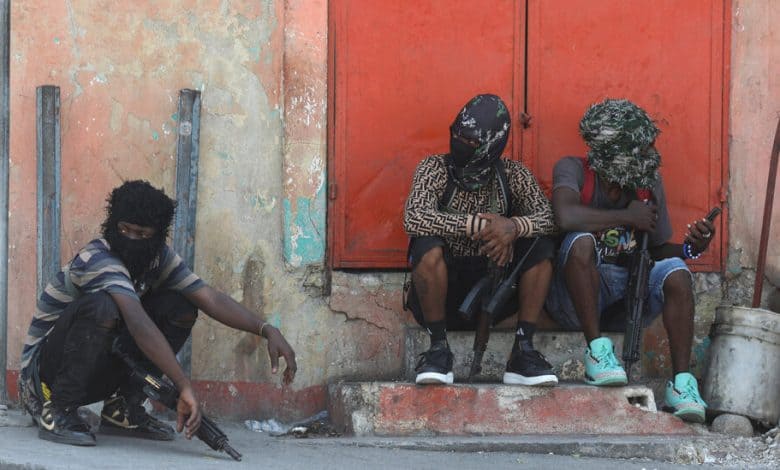Why Everything Changed in Haiti: The Gangs United

Even as gangs terrorized Haiti, kidnapped civilians en masse and killed at will, the country’s embattled prime minister held on to power for years.
Then, in a matter of days, everything changed.
In the midst of political upheaval not seen since the country’s president was assassinated in 2021, Haiti’s prime minister, Ariel Henry, agreed to step down. Now, neighboring countries are scrambling to create a transitional council to run the country and plot a course for elections, which once seemed a distant possibility.
What made this moment different, experts say: The gangs united, forcing the country’s leader to relinquish power.
“Prime Minister Ariel resigned not because of politics, not because of the massive street demonstrations against him over the years, but because of the violence gangs have carried out,” said Judes Jonathas, a Haitian consultant who has worked for years in aid delivery. “The situation totally changed now, because the gangs are now working together.”
It is unclear how strong the alliance is or whether it will last. What is apparent is that the gangs are trying to capitalize on their control of Port-au-Prince, the capital, to become a legitimate political force in the negotiations being brokered by foreign governments including the United States, France and Caribbean nations.